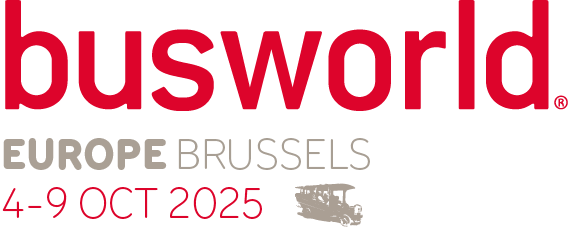Dutch manufacturer Ebusco resolutely opts for lightweight materials for the construction of its 12- to 18-metre-long vehicles. The focus is on more efficient energy consumption but also on a reduced ecological footprint.
Ebusco is living up to its aspiration of being a gamechanger. In 2012, the first bus rolled out of the production hall in Deurne near Eindhoven, and a decade later the order book is filled with 1,800 orders. Not mainstream buses, but high-end technology watched closely by the industry.
For the manufacturer, the choice is clear: electric buses with lightweight bodies are no longer the future, but the present! 'Weight is the most important factor for energy consumption. So, it was an obvious choice to use lighter materials, says CEO Peter Bijvelds. 'Opting for aluminium instead of steel does not translate into sufficient weight gains.
Composite materials, on the other hand, are significantly lighter and offer additional advantages such as greater rigidity and improved passenger protection. 'Frontal and side crash tests have shown that fibre-reinforced plastic materials offer higher protection,' says the manager.
Less weight also means less material and therefore more economical use of raw materials. For Ebusco, material recycling is an important aspect of the production process. 'We emphasise the re-use of materials or the use of recycled products. Every part of the vehicle is subjected to its ecological impact. Based on this, the choice of material is determined.
For its 12m vehicle 3.0, the bus maker claims a record consumption of just 0.65 kWh per kilometre. The slightly higher cost is largely offset by a lower TCO. In addition to its emission-free drive, the Ebusco bus has other strengths. For instance, the weight reduction allows the vehicle to be on only two tyres per axle. This not only reduces friction loss but also creates a greater distance between the wheel arches with more interior space as a beneficial result.
Ebusco prides itself on its image as a local bus manufacturer. 95 per cent of all parts are manufactured in Europe, only the batteries are non-European. In Deurne, three production lines are active and an additional production site will soon be launched on a Renault Cléon site in Rouen, France. There, the entire hull will be assembled. The construction time of a bus with steel or composite material is the same.
